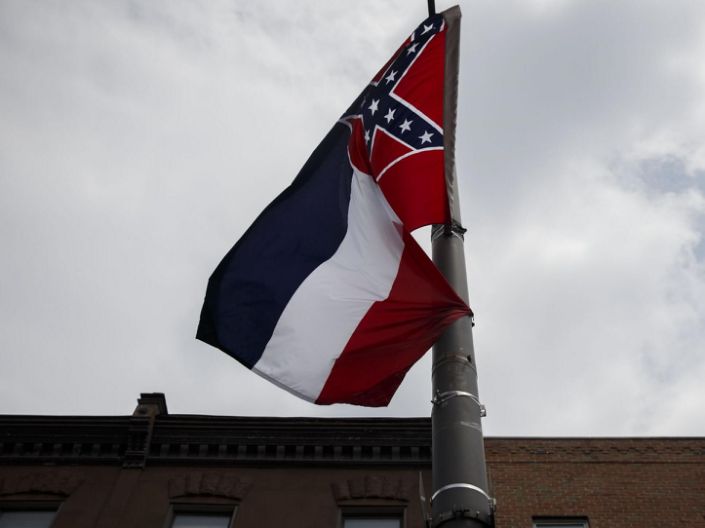A Mississippi election official became the subject of social media fury over the weekend when she tweeted that she was “concerned” about an increase in black voters.
“I’m concerned about voter registration in Mississippi,” Gail Welch, an elections commissioner in Jones County, Mississippi wrote. “The blacks are having lots [of] events for voter registration. People in Mississippi have to get involved, too.”
The Clarion-Ledger reported that Ms. Welch wrote the comment on Sunday on Facebook. The comment then went viral across social media.
Ms. Welch defended her statement claiming it had been intended to be private and that she wasn’t trying to be racist, but rather encourage voter turnout.
“We’ve always in the past had whites really participating in registering to vote. So many people don’t seem to be concerned about [voting],” Ms. Welch said. “I was just trying to strike a match under people and get them to vote – to get everybody to vote. This was not intended to be anything.”
Senator Juan Barnett, who represents part of Jones County, said that a simple “get out the vote” message didn’t need to be racially specific.
“Why do we have to refer to Blacks going around to do voter registration? Does it really matter? I mean it’s important that everybody gets out and registers to vote,” the senator said.
Mr. Barnett couldn’t say whether or not Ms. Welch was a racist, but he said he understood why people would draw that conclusion.
“I don’t know if she is racist or not. But it’s the just undertone and stuff of what people say that gives the illusion that that’s what you are, based on what was said,” Mr. Barnett said.
Mr. Barnett noted that as a result of Ms. Welch’s statements, the integrity of elections in Jones County under her overview has been called into question.
“With people saying that kind of stuff, it makes them question, if this person is over the election, are they really going to run this?” Mr. Barnett said. “Are they really going to do what they say they’re going to do? It puts that office that you’re holding … now there are some credibility issues with that office. Not necessarily with you, but in that office.”
Ms. Welch’s comments came on the same weekend as the state’s legislators’ vote to retire the Confederate emblem-emblazoned state flag.
Under House Bill 1796, the current flag will be removed and the process to design a new one will begin. The current flag has to be removed within 15 days of the law’s passage and the new flag must contain the words “In God We Trust” and cannot include Confederate imagery. The state’s current flag was first used in 1894, almost thirty years after the US Civil War.
Voters will ultimately decide on the new flag during the November election. If the flag is rejected, the state will restart the design process.

